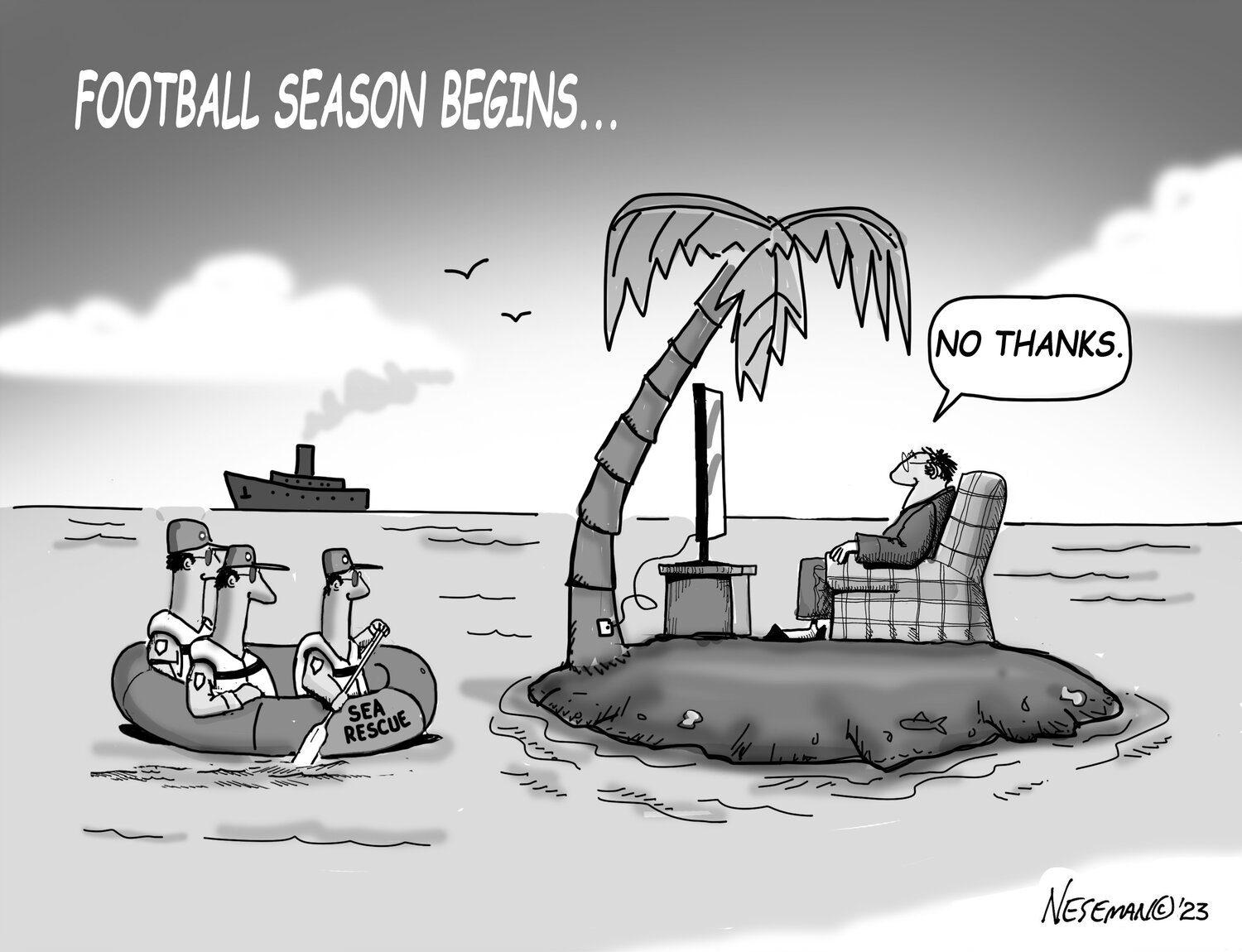A walk against hate is first step toward a world without hate
For those who cherish the diversity of the Bronx, New York City and the entire country, Sunday at Van Cortlandt Park’s Parade Ground was the place to be.
Nearly 200 people — including such elected as U.S. Rep. Ritchie Torres, Assemblyman Jeffrey Dinowitz and Councilman Eric Dinowitz — showed up to the Walk Against Hate event sponsored by the Anti-Defamation League. It was one of several such events taking place across the United States in recent weeks, speaking out against all types of hatred in today’s polarized world.
While the name connotes the anti-hate message, the event proved to be the coming together of diverse groups so they can learn more about each other while focusing on education, not ignorance. For example, there was a community expo that featured local nonprofits and community organizations providing interactive activities.
“It’s not just a walk,” the ADL announced it a flyer announcing the event.
“It’s an opportunity to move as an individual, family or community towards a future without antisemitism, racism and all forms of bigotry.”
Unfortunately, the need for such events is the growing number of hate crimes that take place both virtually and physically. In 2021, the FBI reported more than 7,200 hate crime incidents involving 8,600 offenses reported by 11,800 law enforcement agencies. The FBI said 67 percent of those were against people, 30 percent were against property, and 3 percent against society itself.
Further, a 2021 report from the U.S. Department of Justice found hate crime incidents increased 12 percent in 2021. Overall, law enforcement agencies reported more than 12,800 victims.
The same data showed 63 percent of single-bias incidents were motivated by race, ethnicity and ancestry, which continues to be the largest bias motivation category. Anti-Black or African American hate crimes continue to be the largest with 31 percent of all single-bias incidents in 2021.
Religious hate crimes were among the most prevalent with 1,590 reported, according to the Justice Department. The data showed 51 percent were anti-Jewish, 12 percent were anti-Sikh, 10 percent were anti-Islamic, and 6 percent were anti-Catholic.
“Antisemitism impacts millions of Jews and people of all backgrounds in the U.S. and around the globe, tearing the fabric of societies wherever it spreads,” according to recent literature from the ADL — considered the world’s leading expert on antisemitism.
In addition to old-fashioned hate crimes that have included graffiti, hate speech and violent attacks, online hate has taken it to a new level. Many of those crimes come in the form of online bullying and disinformation.
The ADL has what it calls a “repair plan” to fight hate, harassment and bias online and to push extremism back to the fringes of the digital world. It spells out “repair” by prioritizing activities like reorienting government, exposing platform recklessness, putting people over profit, advocating for targets of hate and harassment, interrupt disinformation, and regulate platforms.
All acronyms aside, the message here is we all need to pay attention to hate crimes and speech being put forth by those individuals and groups to further a selfish agenda to spread hate for political purposes.
Putting one’s head in the sand on the spread of such acts is not going to work, as we have seen from the actions of Jan. 6, 2021, and during the presidency of Donald Trump.






